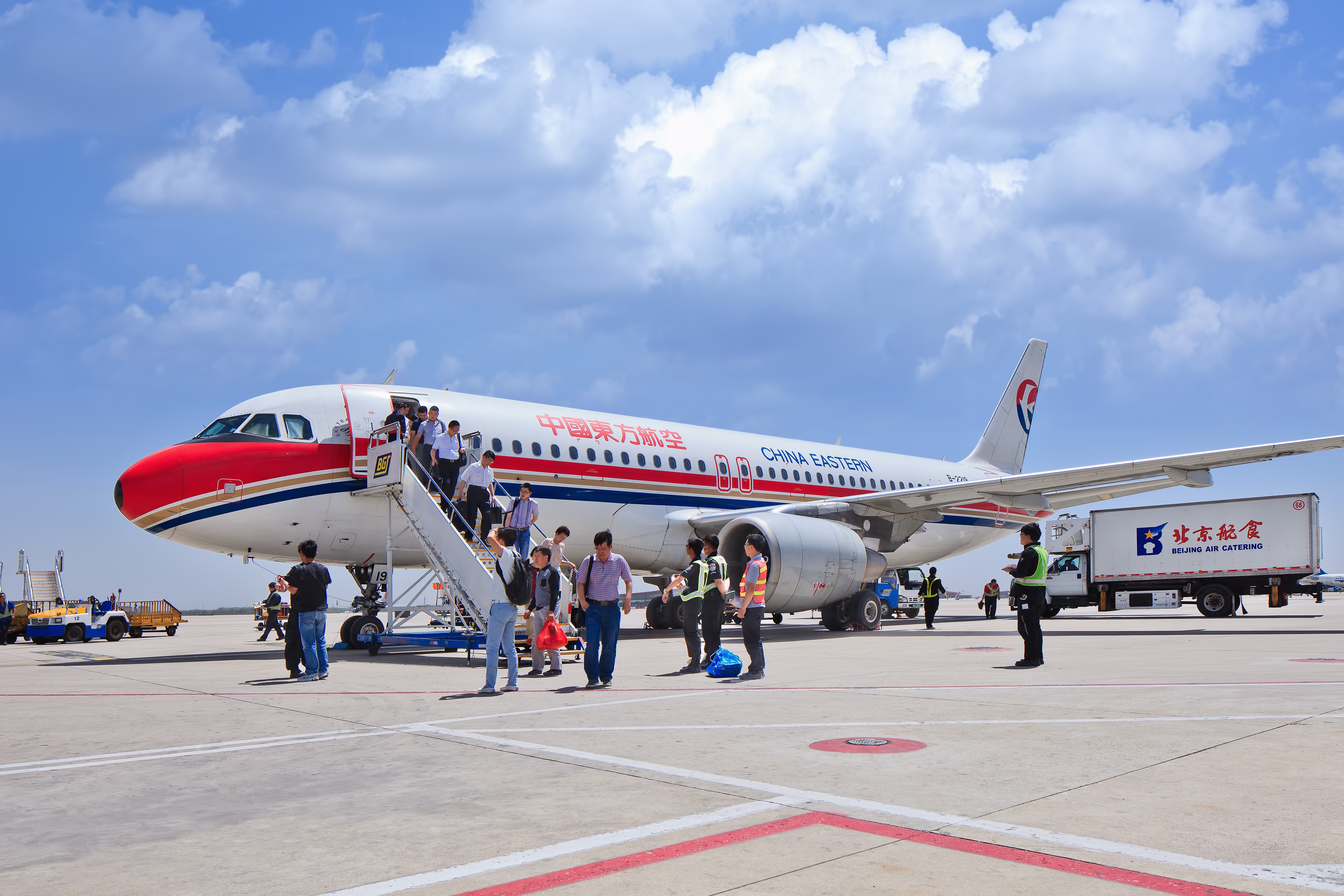
For frequent travelers to China’s capital city, getting stranded at Beijing Capital International Airport for hours has been a common frustration. But they will soon suffer far fewer delays thanks to Alibaba Cloud.
At the Beijing Computing Conference on Wednesday, Alibaba’s cloud-computing arm unveiled the “ET Aviation Brain” —an artificial-intelligence technology designed to increase airport efficiency and reduce on-the-ground logjams by digitally assigning planes to aprons, or parking spaces for aircraft.
BCIA is the first adopter of Aviation Brain, which is part of Alibaba’s AI program “ET Brain” that spans across a host of topics, including City Brain, Environment Brain and Industrial Brain. ET Brain is powered by Alibaba Cloud’s large-scale computing engine Apsara. A full implementation of the new technology at BCIA is expected to be completed by late January.
According to the world’s top aviation body, Airports International Council, BCIA has ranked the second-busiest airport in the world for seven years in a row for handling an average of 96 million passengers each year. Hartsfield-Jackson International Airport at Atlanta, Georgia, tops the list with 104 million passengers handled annually.
Despite BCIA’s massive passenger volume, it is often viewed as one of worst airports in terms of on-time departures as pilots are often asked to keep their planes circling in the air due to limited space to park their aircraft.
Presently, BCIA has only over 300 aprons to accommodate about 1,700 flights each day, averaging two landings a minute.
The congestion at the aprons means that instead of being able to board at their assigned gates, over 20,000 passengers at BCIA each day have to ride ground transport for 15 minutes to get to aircraft parked far away from the gate. This lengthens their waiting time and fuels frustration.
All of this is about to change, according to Alibaba Cloud.
The application of the ET Aviation Brain will increase the BCIA’s utilization of aprons by 10% and drastically shorten the daily apron-reassignment process to 50 seconds from the current two to three hours needed by a human dispatcher, Cloud said. This means that pilots can easily find a place to park their aircraft instead of scrambling to find an available space at the airport.
How is Aviation Brain able to do this? The AI technology is capable of learning basic aviation knowledge, such as aircraft models, take-off and landing schedules, apron locations, proximity between the taxiway and runway, as well as the capacity of various shuttle buses, Cloud said. By integrating and digesting all of the data, the Brain is able to process the statistics, churn out the most optimized operating strategy in a short amount of time and improve the passenger experience.
“ET Aviation Brain embodies infrastructure and solutions for aviation digitalization in China, all in cloud,” said Wanli Min, chief scientist of machine intelligence at Alibaba Cloud.
The usage of AI technology and cloud computing allows flight-operation officers to make more-timely and precise decisions to space out arrivals and avoid possible bottlenecks on the runway, said Guo Yidu, a BCIA dispatcher.
Cloud said that Aviation Brain will also be used in other airport-related functions, such as ground-staff assignments and route planning for airline carriers.




